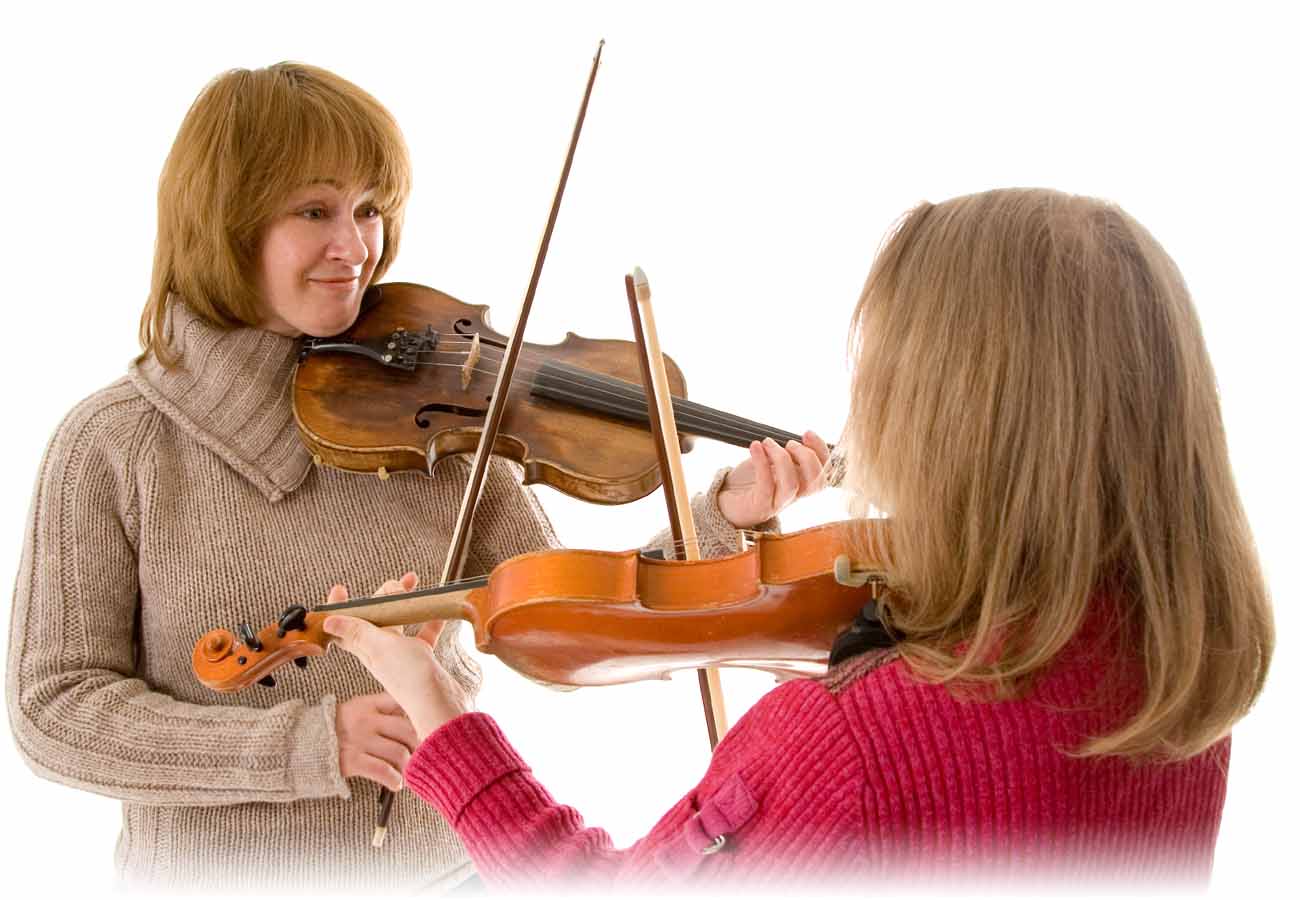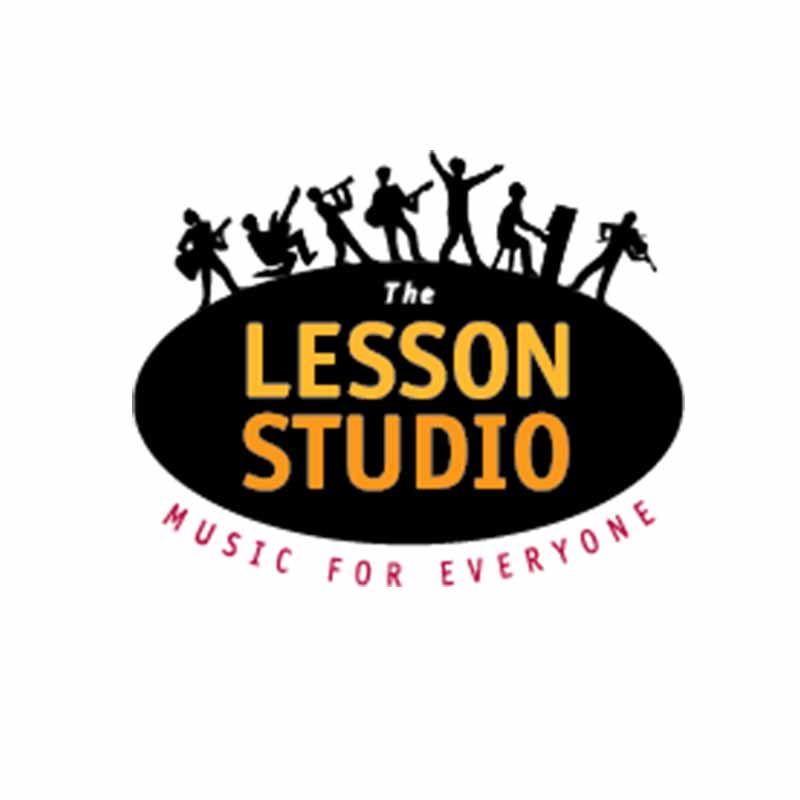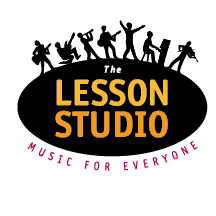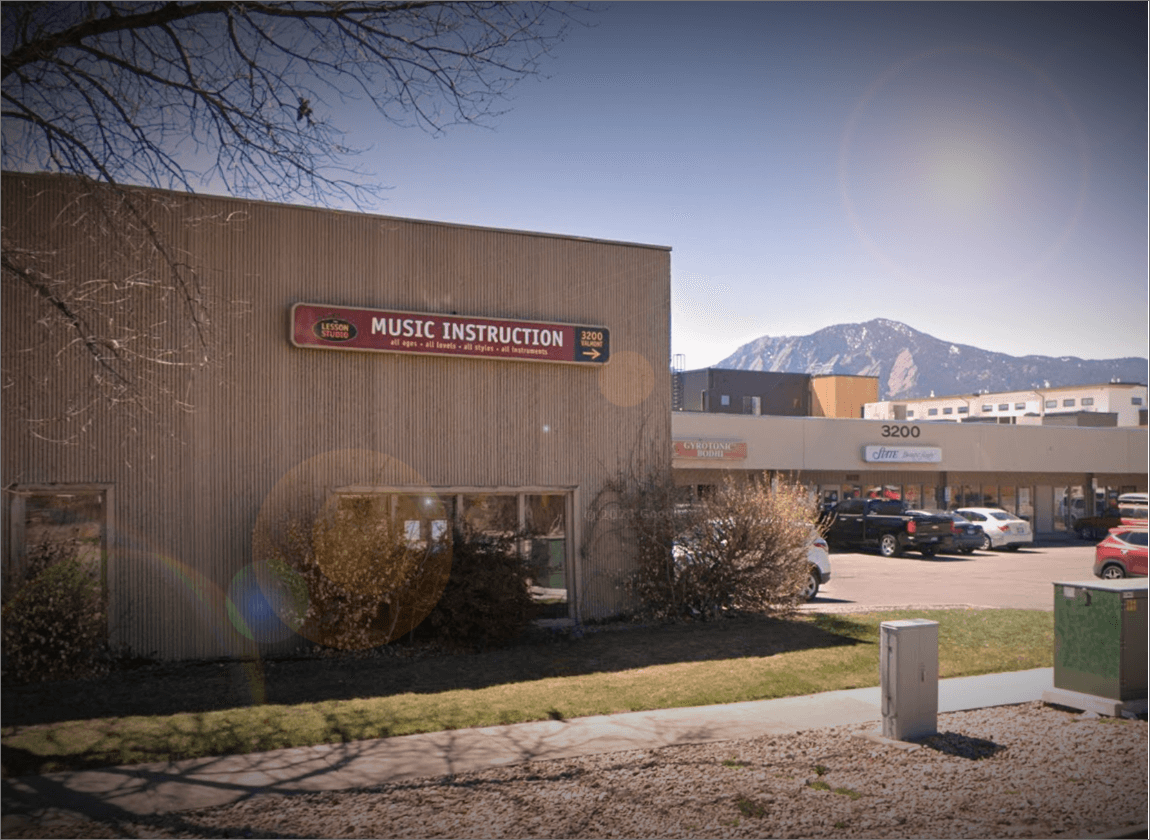The
LESSON STUDIO
Age 5+ to Adult • Total Beginner to ADV.
Est. 2004 – Celebrating 3 decades of leading Boulders Music community!
Private One-on-One Music Lessons
Since 2004, The Lesson Studio in Boulder has been the premier destination for aspiring musicians of all ages and skill levels. Our private music lessons are crafted to inspire and cultivate musical talent, guided by our team of highly qualified instructors. Each of our staff members holds advanced music degrees, boasts extensive performing backgrounds, and brings years of teaching experience to every session.

Private One-on-One Music Lessons
Since 2004, The Lesson Studio in boulder has been the premier destination for aspiring musicians of all ages and skill levels. Our private music lessons are crafted to inspire and cultivate musical talent, guided by our team of highly qualified instructors. Each of our staff members holds advanced music degrees, boasts extensive performing backgrounds, and brings years of teaching experience to every session.
Want to play in a band?


Want to play in a band?

Which instrument do you want to learn?
Centrally Located
3200 Valmont Rd #8, Boulder, CO 80301
Mon ~ Thurs: 2:00 PM to 9:00 PM
Sunday: 1:00 PM to 7:00 PM
(303) 543-3777


Centrally Located
3200 Valmont Rd #8, Boulder, CO 80301
(303) 543-3777
Mon ~ Thurs: 2:00 PM to 9:00 PM Sunday: 1:00 PM to 7:00 PM
Frequently Asked Questions
Can the lessons be tailored to my learning style?
Do you offer lessons for adults?
Yes! Our experienced instructors offer personalized in-studio and on-line lessons custom-tailored to fit your schedule.
When can I start my first lesson?
You can start your first music lesson right NOW! Contact us today to schedule a time that works best for you.
How do I get started?
It's easy, contact us or fill out the form on this page and we will contact you.

